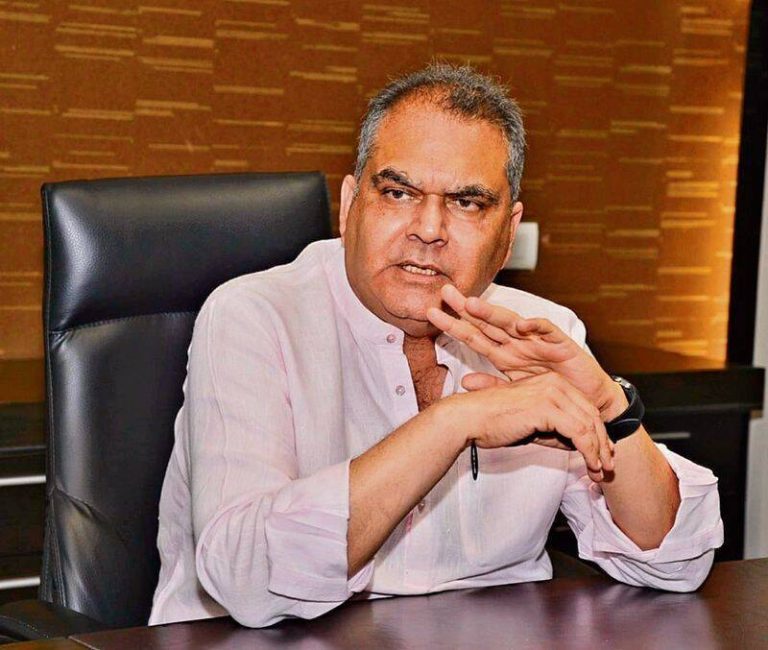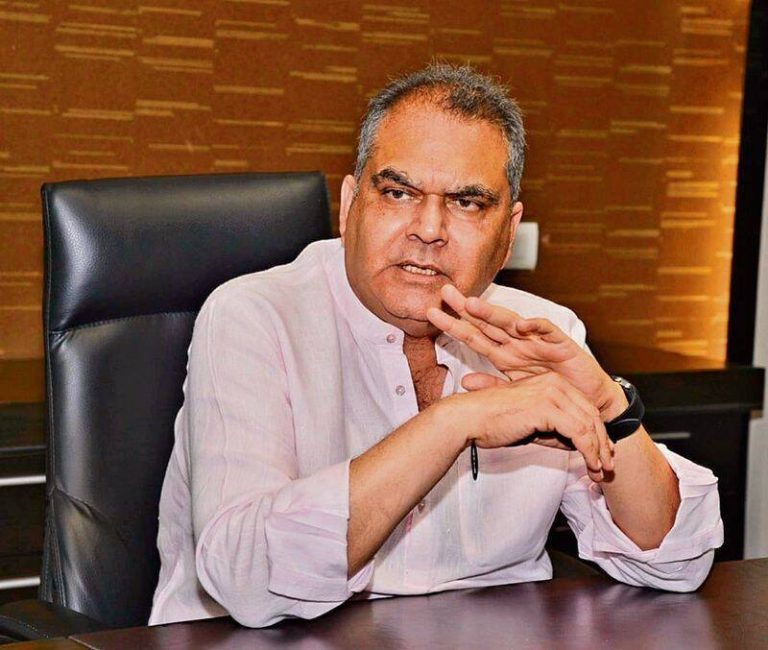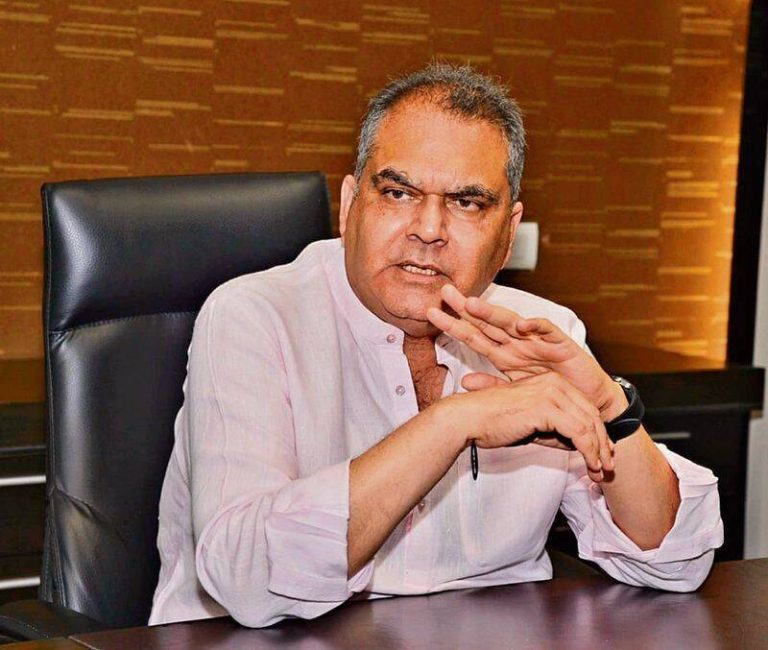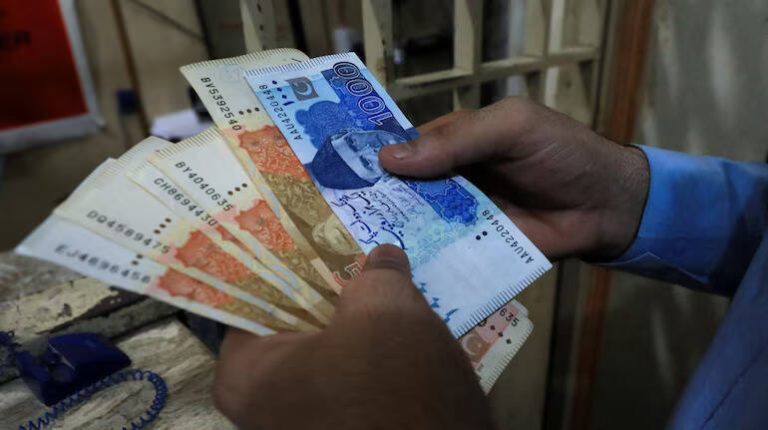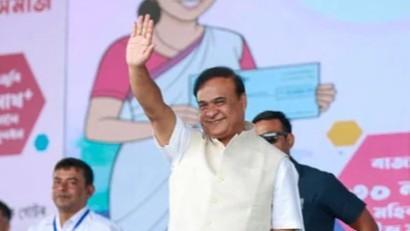
Assam CM helped Nitish work out ₹10,000 for women scheme: Report
In a significant development, it has been reported that a large part of the credit for Bihar’s scheme to give ₹10,000 to women goes to Assam Chief Minister Himanta Biswa Sarma. According to NDA leaders, Sarma played a crucial role in helping Nitish Kumar’s government work out the details of the scheme. This revelation has shed light on the collaboration between the two governments and highlights the efforts being made to empower women in the region.
The scheme in question is the Mukhyamantri Mahila Rojgar Yojana, which aims to provide financial assistance to women in Bihar. The program has been designed to support women who are looking to start their own businesses or pursue higher education. The ₹10,000 grant is intended to serve as a catalyst for women’s economic empowerment, enabling them to take control of their lives and make a meaningful contribution to their families and communities.
According to reports, Assam Chief Minister Himanta Biswa Sarma sent his bureaucrats to Bihar five months ago at the request of the Nitish Kumar government. The bureaucrats made a presentation before officials on the ‘Jeevika ₹10,000 model’, which was later incorporated into the all-new Mukhyamantri Mahila Rojgar Yojana. This model was reportedly developed by the Assam government, and its success in empowering women in the state caught the attention of the Bihar government.
The ‘Jeevika ₹10,000 model’ is a unique initiative that provides financial assistance to women who are looking to start their own businesses or pursue higher education. The model has been designed to be flexible and adaptable, allowing women to use the grant to pursue their passions and interests. The success of this model in Assam has been impressive, with many women benefiting from the scheme and going on to start their own successful businesses.
The collaboration between the Assam and Bihar governments on this scheme is a significant development, as it highlights the willingness of state governments to work together and learn from each other’s experiences. The fact that the Nitish Kumar government sought the assistance of the Assam government in developing the scheme demonstrates the recognition of the importance of women’s empowerment and the need for innovative solutions to address this issue.
The Mukhyamantri Mahila Rojgar Yojana has been designed to be a comprehensive program that addresses the various challenges faced by women in Bihar. The scheme provides financial assistance, as well as training and mentorship, to help women develop the skills and confidence they need to succeed. The program also aims to create a supportive ecosystem for women entrepreneurs, providing them with access to markets, networks, and other resources.
The launch of the Mukhyamantri Mahila Rojgar Yojana has been welcomed by women’s rights activists and organizations, who see it as a significant step forward in the empowerment of women in Bihar. The scheme has the potential to make a meaningful difference in the lives of thousands of women, enabling them to take control of their lives and pursue their dreams.
In conclusion, the report that Assam Chief Minister Himanta Biswa Sarma helped Nitish Kumar’s government work out the ₹10,000 scheme for women is a significant development that highlights the collaboration between state governments and their commitment to women’s empowerment. The success of the ‘Jeevika ₹10,000 model’ in Assam and its incorporation into the Mukhyamantri Mahila Rojgar Yojana demonstrates the importance of innovative solutions and the need for state governments to work together to address the challenges faced by women.
As the Mukhyamantri Mahila Rojgar Yojana rolls out, it will be interesting to see the impact it has on the lives of women in Bihar. The scheme has the potential to make a meaningful difference, enabling women to pursue their passions and interests, and creating a more equitable and just society.
